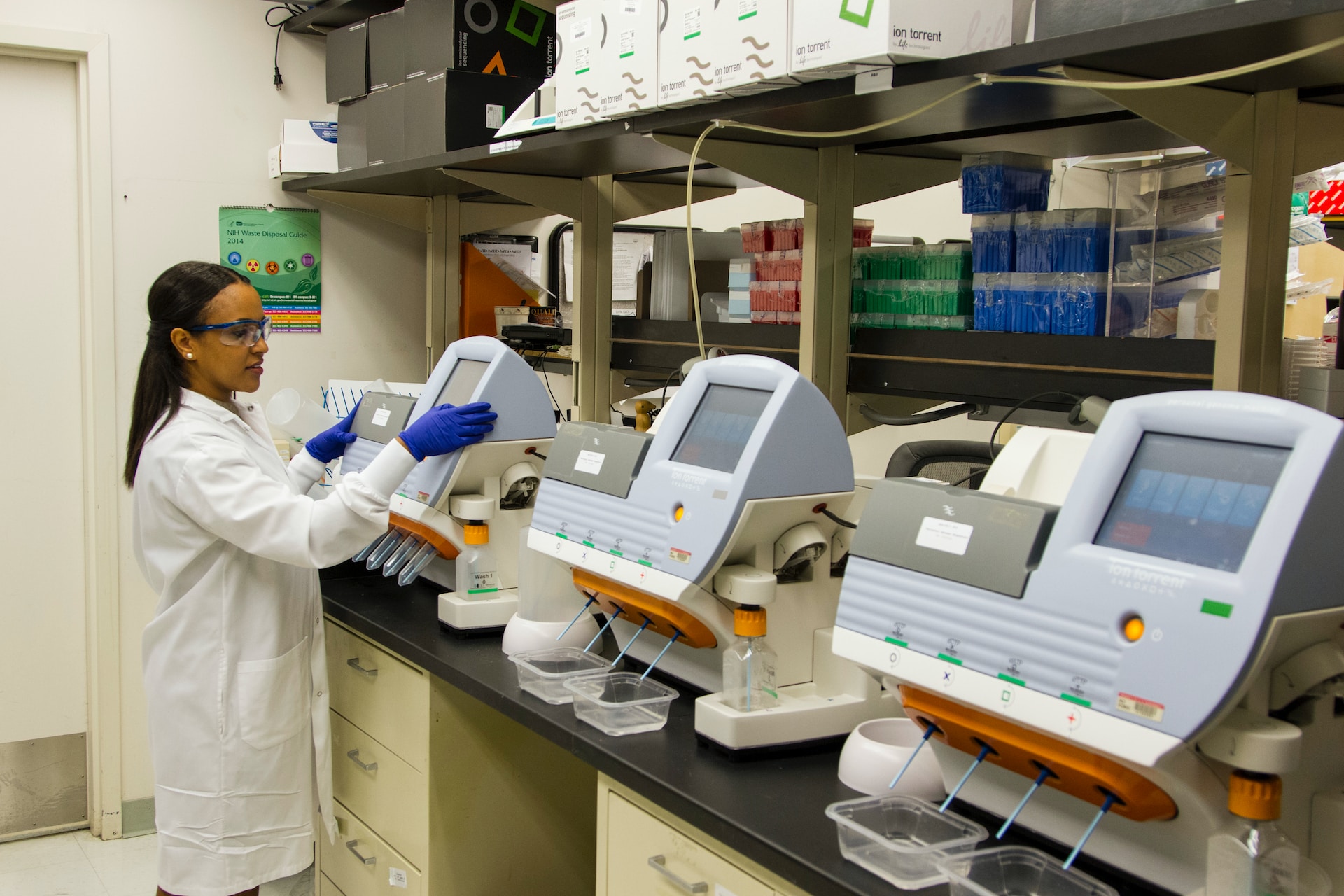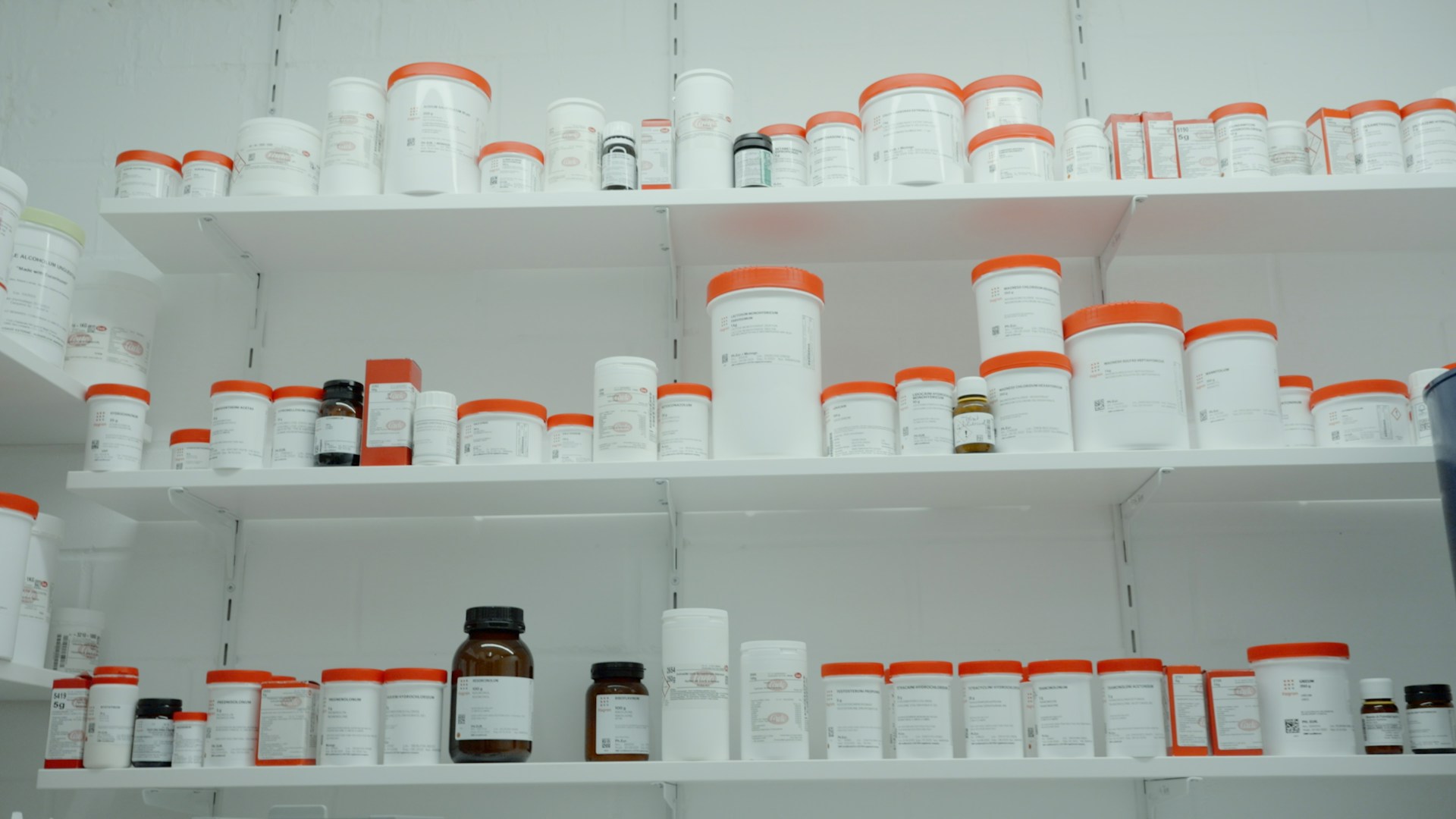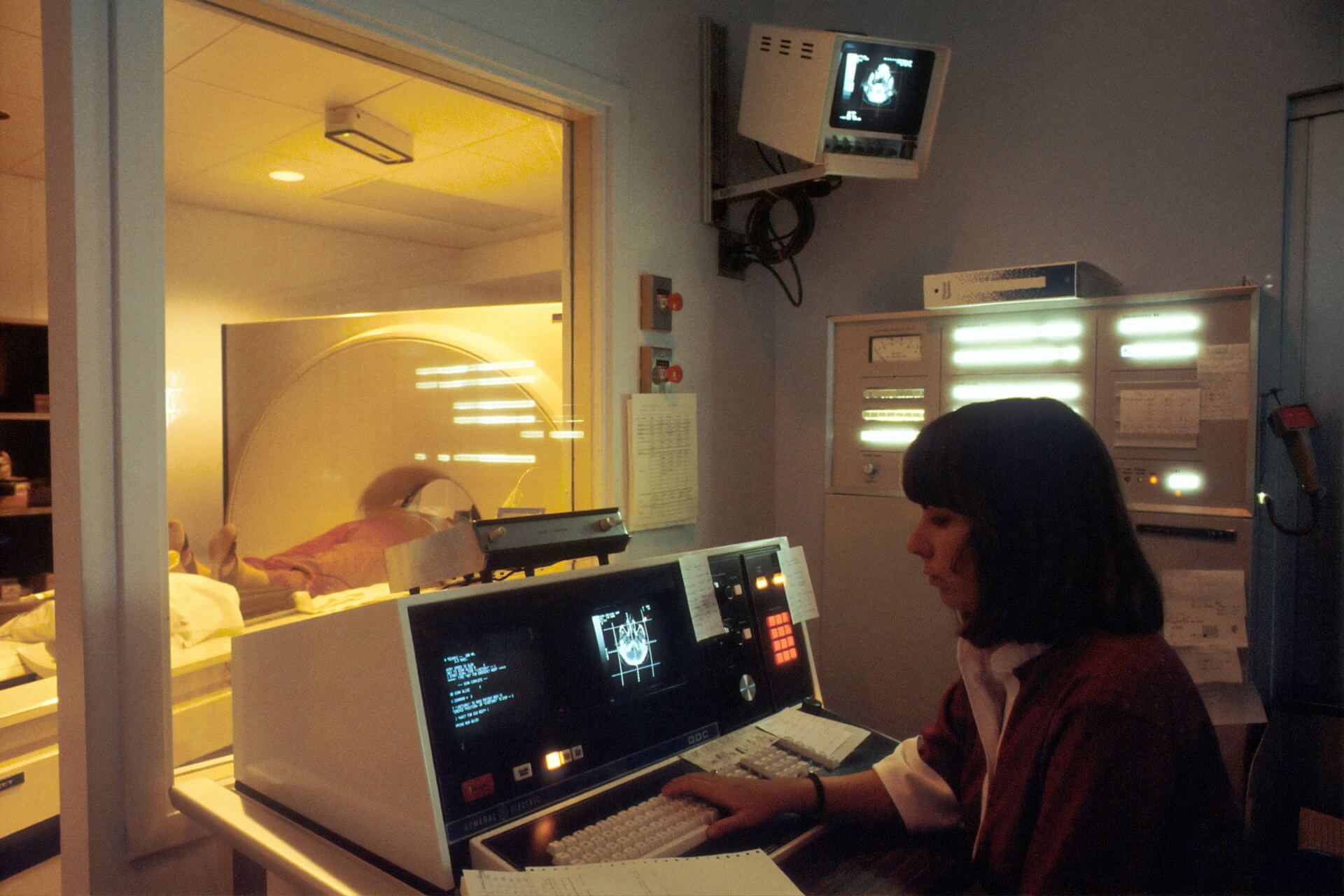
Are Antibody-Drug Conjugates the Future of Cancer Medicine?
November 7, 2023 - Emily Newton
Revolutionized is reader-supported. When you buy through links on our site, we may earn an affiliate commission. Learn more here.
Could antibody-drug conjugates be the key to curing cancer? Chemotherapy and radiation are the most common methods for treating cancer today. They wreak havoc on patients’ bodies, though, leaving them with severe side effects.
Antibody-drug conjugates could be the solution to this issue. How can antibody-drug conjugates revolutionize cancer treatment?
What Are Antibody-Drug Conjugates?
For decades, doctors and scientists all over the world have been searching for the “magic bullet” cure to cancer. Chemotherapy is today’s most effective method for treating most types of cancer, but it harms healthy cells, not just cancer cells. Patients experience many severe side effects as a result.
What if there was a way to administer chemotherapy directly to cancerous cells while leaving healthy cells untouched? That’s exactly what doctors aim to do with antibody-drug conjugates.
Antibody-drug conjugates (ADCs) use monoclonal antibodies and a chemical linker to identify and latch onto cancer cells. Once it links with a cancer protein or receptor, the ADC releases a cancer-killing drug to kill the cell. It targets specific cells rather than exposing the entire body to a chemotherapy drug.
What Are Monoclonal Antibodies?
The ability to target certain cells and not others is thanks to monoclonal antibodies, sometimes called mAbs. They are clones of natural proteins called antibodies, which are the backbone of the immune system. Antibodies are naturally programmed to find and eliminate harmful microbes, such as those that cause diseases.
In fact, vaccines help patients fight off disease by teaching their bodies to create certain antibodies. Whenever someone is exposed to a virus or disease, their immune system produces antibodies to fight off the specific strain they have. After they recover, the antibodies stick around for a certain period of time, giving the person temporary immunity to that disease or virus.
When people get a vaccine, they are often getting a watered-down, harmless version of a virus or disease that teaches their body to create antibodies. As a result, the patient is immune to the real, full-scale version of the virus or disease. This process has saved countless lives over the years by protecting people from life-threatening diseases using antibodies.
(This is also why the COVID-19 vaccines have booster shots. The virus changes and evolves over time, so the human immune system needs new antibodies to defend against it.)
Unfortunately, there aren’t antibodies that naturally eliminate cancer cells like they would cold microbes. Doctors are trying to create customized artificial antibodies that are capable of targeting cancerous cells. These are known as monoclonal antibodies.
How ADCs Target Cancer Cells
Antibody-drug conjugates use monoclonal antibodies to teach the body’s immune system to target cancerous cells like it would target virus microbes. There are a few components to ADCs:
- Monoclonal antibody: The monoclonal antibody is a Y-shaped protein that acts as the navigation system of the ADC. It identifies and binds with cancerous cells while leaving healthy cells alone.
- Linker: The chemical linker attaches the cytotoxic payload to the monoclonal antibody. Once the monoclonal antibody finds and binds with a cancer cell, the linker releases the payload.
- Cytotoxic payload: The cytotoxic payload is the cancer-killing drug that actually eliminates cancerous cells. For example, it might be a highly-potent chemotherapy drug. It won’t release or activate until the monoclonal antibody binds with a cancer cell.
All three of these components work as a team to deliver cancer-killing drugs directly to harmful cells. It is a more efficient way of eliminating cancer and can result in far fewer negative side effects for patients.
Do ADC Cancer Treatments Work?
Antibody-drug conjugates definitely sound like an exciting development in cancer medicine, but do they actually work? Doctors have been conducting thorough research on ADC success rates for years now. Numerous studies are highlighting some trends in ADC efficacy.
For example, antibody-drug conjugates are better at treating some types of cancers than others. Research shows ADCs are most effective for treating solid tumors, specifically breast cancer. As of 2023, it’s the standard best practice treatment for the hormone receptor + (HR+) and human epidermal growth factor receptor 2+ (HER2+) forms of breast cancer.
How well an ADC works depends on a few factors: the type of cancer at hand, the target protein, the cytotoxic payload used and any risk factors for a specific patient. There are actually many different drugs used in chemotherapy. Each patient’s specific needs and case requires a different treatment plan. Doctors are still studying how different cytotoxic drugs perform in ADCs.
So, right now ADCs are still a more limited cancer treatment. Conventional chemotherapy and radiation therapy remain the most common treatment types. However, that could change as doctors make more advancements in ADC research.
Researchers are developing new ADCs that target additional proteins that are often biomarkers for cancer cells. For example, the CEACAM family of proteins is commonly found in connection to a few types of cancer, including lung tumors. By studying biomarkers like this, doctors can design ADCs capable of identifying those biomarkers and delivering cancer-killing drugs to them.
Another factor that still needs significantly more research is side effects. Ideally, ADCs can drastically reduce negative side effects compared to conventional chemotherapy and radiation.
However, ADCs aren’t completely free of side effects. Patients are still experiencing a wide array of side effects depending on the particular cytotoxic payload in the ADC they receive. Part of the development process for new ADCs is discovering and minimizing side effects to maximize the likelihood of positive health outcomes.
What’s the Future of Cancer Treatment?
Are antibody-drug conjugates the future of cancer treatment? What other emerging treatments are on the horizon? ADCs are definitely a core part of cutting edge approaches to cancer treatment, but there are other technologies and medicines in development.
Leading researchers and medical professionals report a few particularly promising areas for R&D. These include radiopharmaceutical therapy, nuclear imaging and immunotherapy, in addition to ADCs. Advances in these treatments and technologies will help doctors identify cancer sooner and more accurately and treat it more effectively.
AI will also be a central part of the future of cancer treatment and research. AI won’t replace doctors any time soon, but it can help them identify cancerous cells and determine the most effective treatment plan.
For example, medical researchers can use AI to rapidly analyze many possible cytotoxic drug combinations and potencies for ADCs. The AI can quickly synthesize a list of the most effective cytotoxic payloads for a certain use case, all using data and computer modeling. This is a great example of how AI will support a shift toward more personalized cancer treatment, as well.
Finally, stem cell research and CRISPR gene editing may create completely new ways to treat cancer further in the future. Both of these niches of medicine are somewhat controversial, but have amazing possibilities when applied in an ethical way.
CRISPR and stem cell treatments both have the potential to completely cure any type of cancer by giving the body new tools for getting rid of cancerous cells without chemotherapy or radiation. These new treatments are still far in the future, though. Scientists and doctors need to do significantly more research before patients can start receiving CRISPR or stem cell cancer treatments.
Can Antibody-Drug Conjugates Cure Cancer?
Antibody-drug conjugates are one of the most promising new cancer treatments today. They take chemotherapy and package it into a microscopic “missile” that only targets cancer cells, leaving healthy cells unharmed. ADCs are already proving effective for treating certain types of cancerous tumors, such as breast cancer.
While ADCs are definitely promising, they are just one of several emerging cancer treatments. Over the next 10 to 20 years, there will likely be significant advancements in antibody-drug conjugates as well as nuclear imaging, radiopharmaceutical therapy and more.
Revolutionized is reader-supported. When you buy through links on our site, we may earn an affiliate commission. Learn more here.
Author
Emily Newton
Emily Newton is a technology and industrial journalist and the Editor in Chief of Revolutionized. She manages the sites publishing schedule, SEO optimization and content strategy. Emily enjoys writing and researching articles about how technology is changing every industry. When she isn't working, Emily enjoys playing video games or curling up with a good book.







